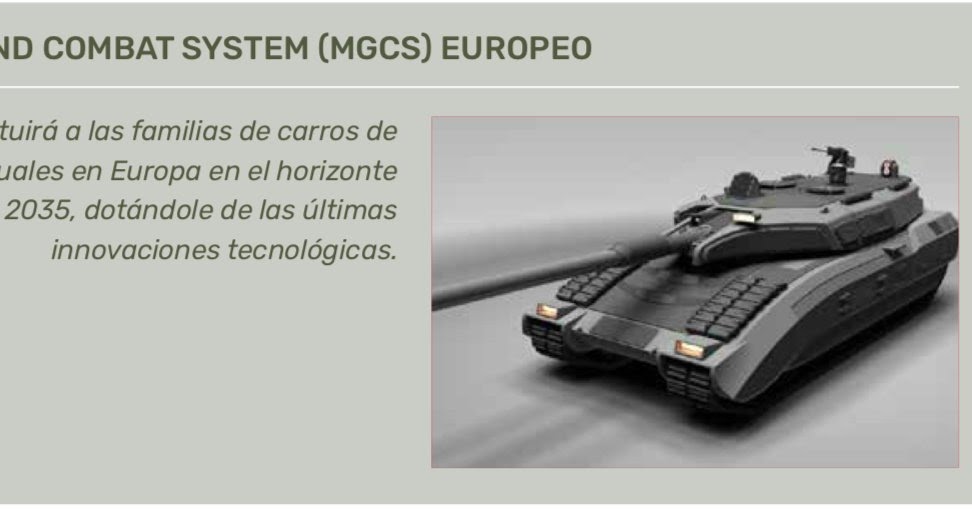PolandFor Warsaw, 2014 marked a drastic deterioration of the security of its direct neighborhood, as, post-Crimea, any scenario of Russian military action against NATO would inevitably affect also Poland. These consideration guides Polish operational and capability planning. Among armored platforms to be acquired, the next generation MBT programme, named Wilk (Wolf) is a top priority and would likely feature the acquisition of over 500 vehicles. The next Poland’s MBT should implement the best currently available, combat-proven technologies as regards mobility, survivability and firepower. Yet, due to Polish time and budget constraints, the platform is unlikely to involve disruptive technologies, like manned-unmanned cooperation, artificial intelligence or directed energy weapons.
8Main Battle Tanks, Europe and the Implications for Italy© 2020 IAIISSN 2280-6164DOCUMENTI IAI 20 | 07 - APRIL 2020The next MBT programme is seen also as an opportunity for the Polish DTIB. There are widespread expectations that it will enable – together with other programmes – a technological breakthrough and help develop competitive technologies marketable at the global level. Land systems business remains almost entirely owned by the state and is consolidated under the umbrella of PGZ. As a result of structural inefficiencies, the Polish land sector has not yet developed a competitive export portfolio and relies mostly on domestic market.From a political point of view, the MBT is the only case whereby Poland officially declared its willingness to develop a major future armament system in cooperation with European partners, hopefully by launching a PESCO project and obtaining EDF co-funding. Warsaw has repeatedly asked to join the MGCS programme, which should not be kept as a bilateral undertaking but opened to other EU members. Yet, the expected MGCS timeframe (2035-2040) leaves a gap in Poland’s heavy capabilities. An intermediate solution may be needed, that is a modern platform placed in between the existing Leopards 2/PT-91/T-72 and the MGCS. The search for a European framework to develop the future MBT has however a deeper political rationale for Poland. Warsaw strongly advocates close NATO-EU coordination in its approach to European defence. A programme co-funded via EDF and run under PESCO, which at the same time involves a capability essential in most scenario of military crisis with Russia in the Eastern Flank of NATO, would easily mark a symbolic breakthrough in EU-NATO relations.








